After working a 24-hour shift on the day of the North Valley Jewish Community Center shootings, Cmdr. David Kalish, LAPD’s spokesperson, arrived home at 2:30 a.m., exhausted.
“When I responded to the scene, my responsibility was to disseminate information to the media,” says Kalish, who is Jewish and a past president of the Shomrim Society, a fraternal organization for Jews in law enforcement. “In emergency situations, you can’t allow your emotions to interfere.”
But Kalish finally allowed his personal feelings to emerge as he changed out of his uniform and removed his gun belt in the wee hours the night after the shooting.
“As a Jew, I felt an extreme amount of anger and outrage that Jews had been attacked,” says Kalish, 46. “I also felt frustration, as a police officer, that we knew the identity of the suspect, but we hadn’t yet caught up with him. Yet I did feel a certain amount of optimism and relief that so many people had come together to address the issue.”
Ask Kalish, the father of a 4-month-old son, about whether he will feel comfortable sending his child to religious school, and he responds, “Yes, of course.” But he would like his synagogue and others to re-evaluate their security options and take precautionary measures without going overboard. He wouldn’t want to send his son to a Jewish school that resembled a prison.
Kalish, now a familiar figure on the nightly news, grew up in the San Fernando Valley and Orange County, where he attended a Tustin synagogue. He initially dismayed his parents with his intentions of becoming a police officer. Jewish men, they assumed, become doctors and lawyers, not cops. “It’s cute when a little boy says he wants to become a policeman, but when he grows up and still wants to be a police officer, that causes anxiety,” Kalish says.
Over the years, he steadily worked up the LAPD ranks. He served as a patrol officer in South Central, a detective working with juveniles in Rampart Division, a captain in the Hollywood Patrol Division and a commander working in criminal intelligence, among other positions, before Chief Bernard Parks appointed him department spokesperson two years ago.
In the aftermath of the NVJCC shootings, Kalish had a message for the Jewish community: “This incident and others throughout history have taught Jews that we must be concerned about security, but we don’t need to overreact,” he says.







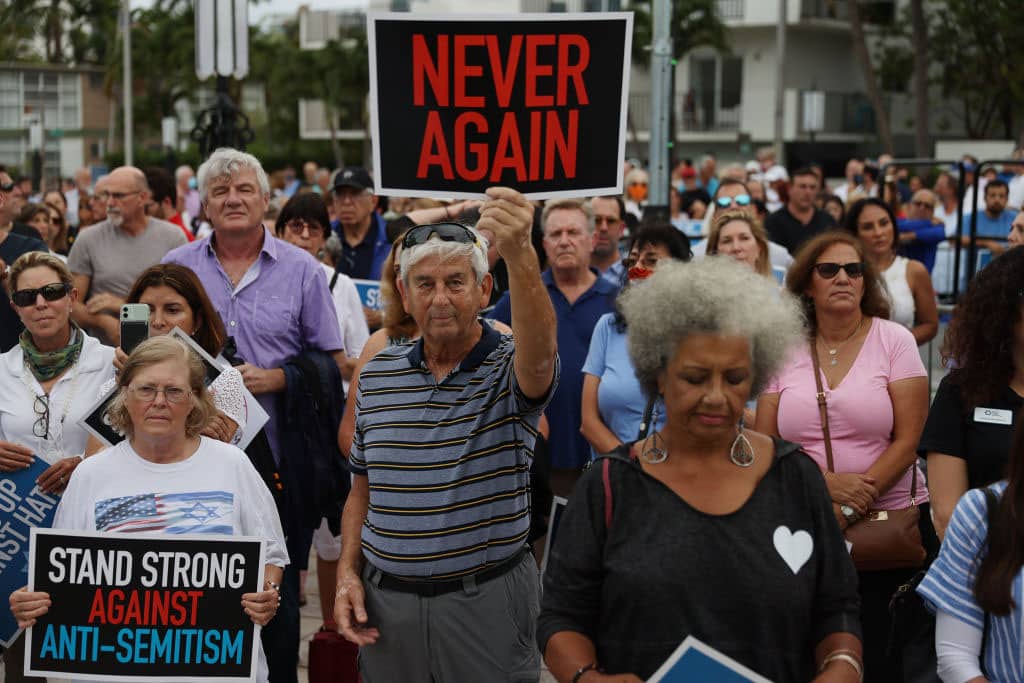


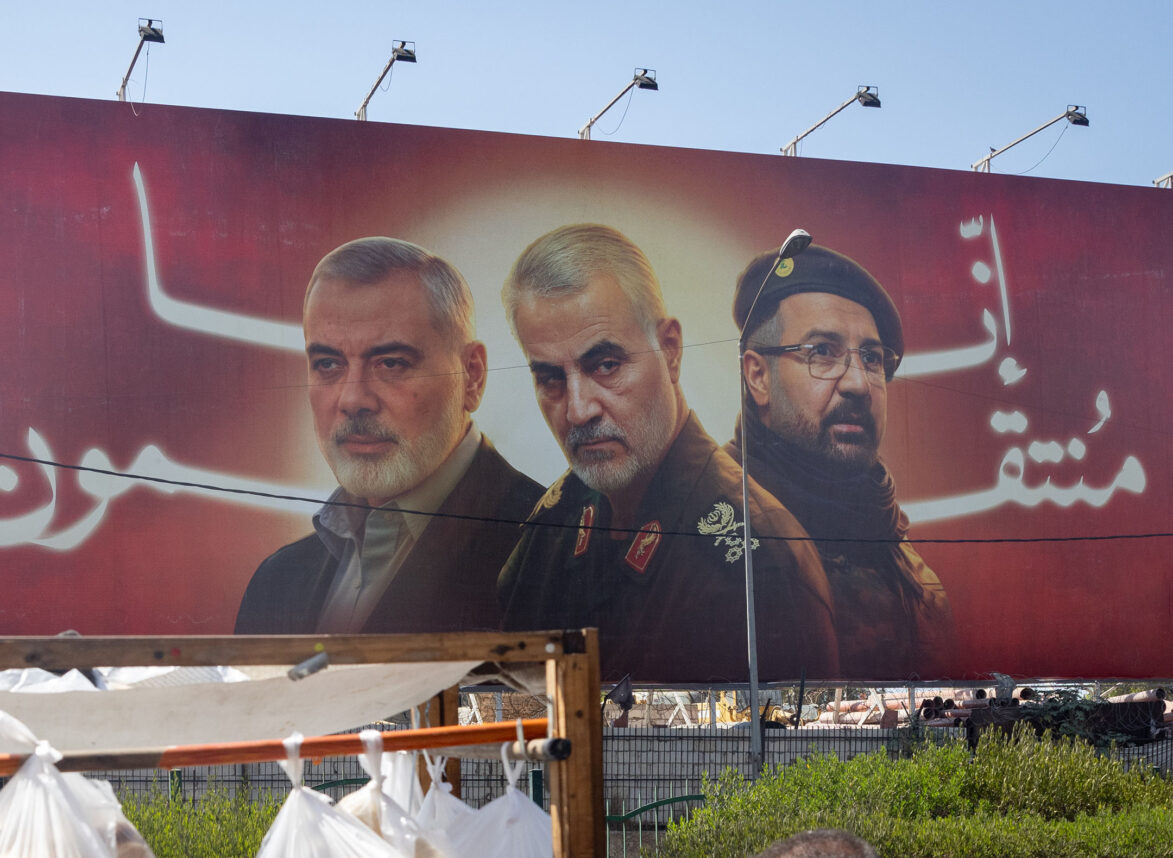

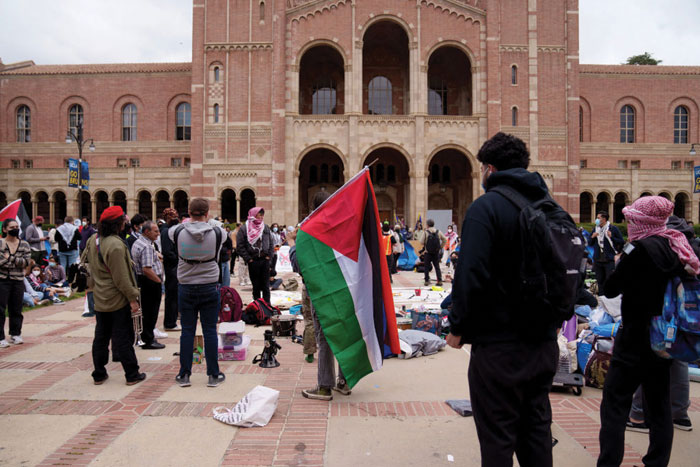

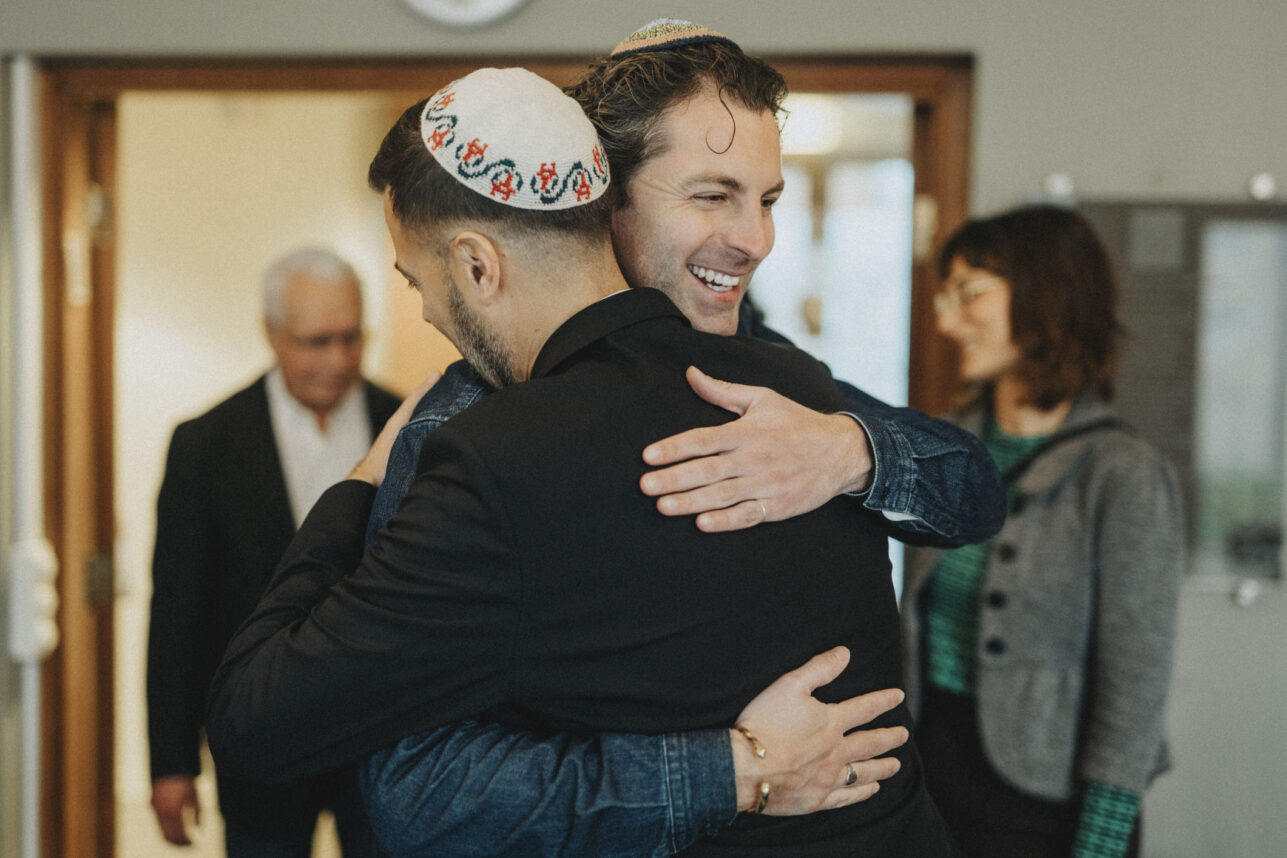
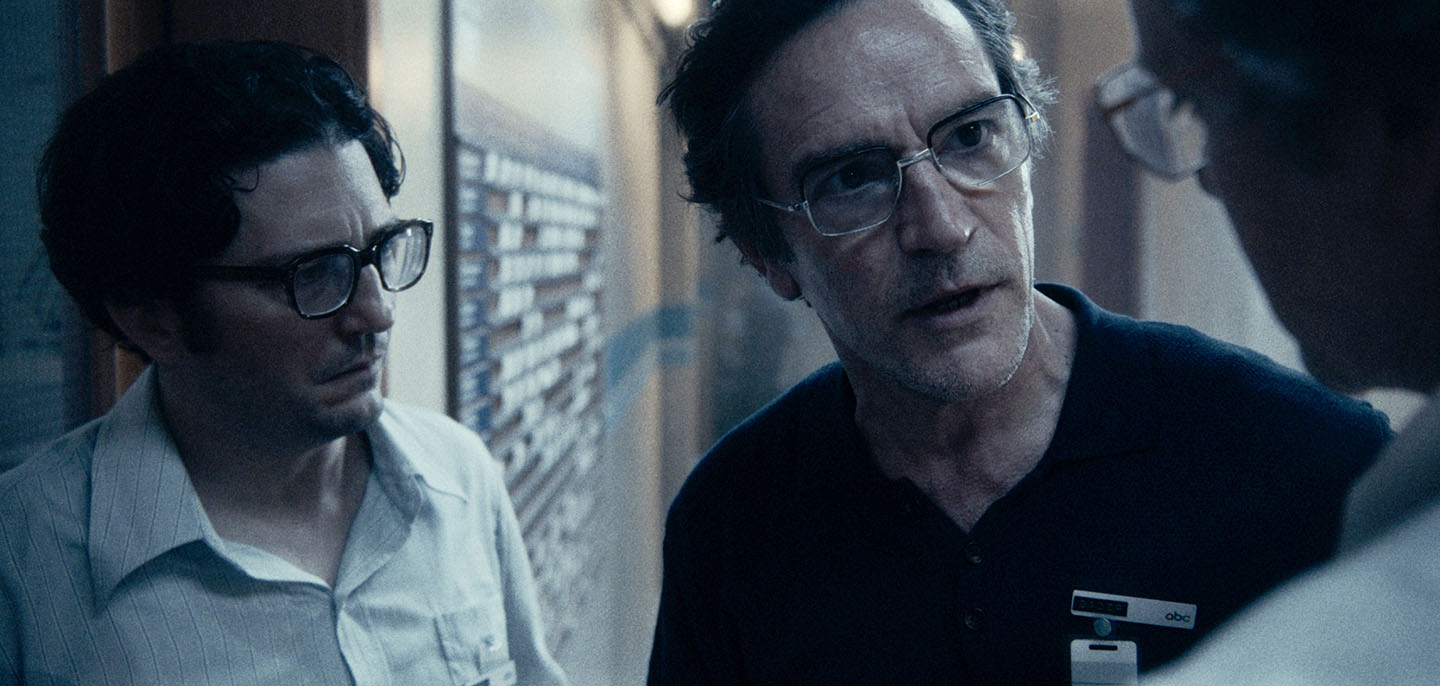





 More news and opinions than at a Shabbat dinner, right in your inbox.
More news and opinions than at a Shabbat dinner, right in your inbox.